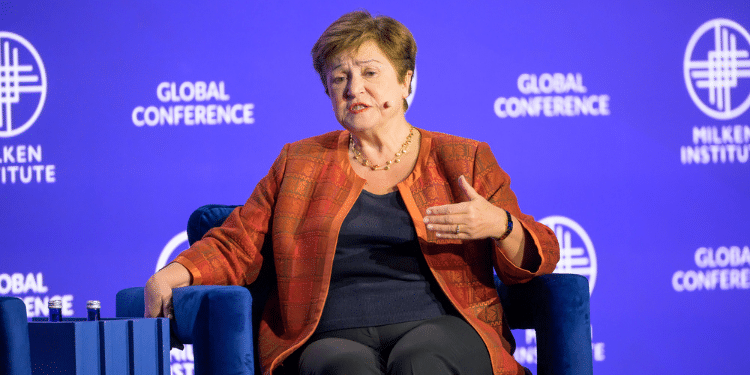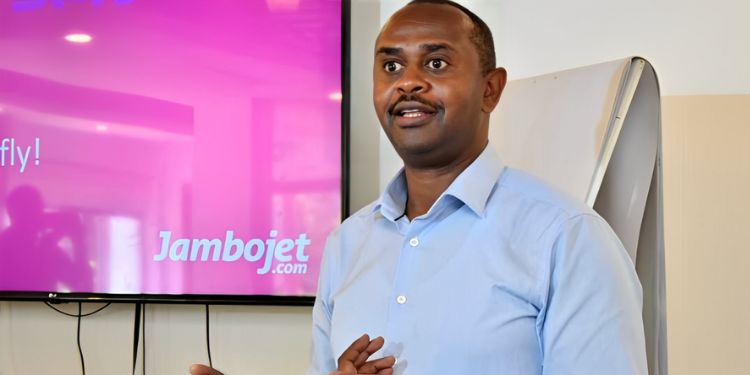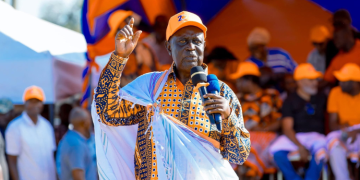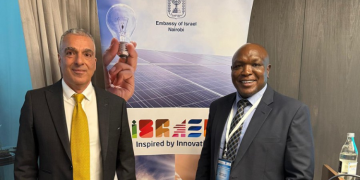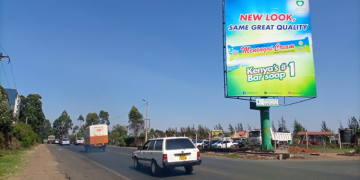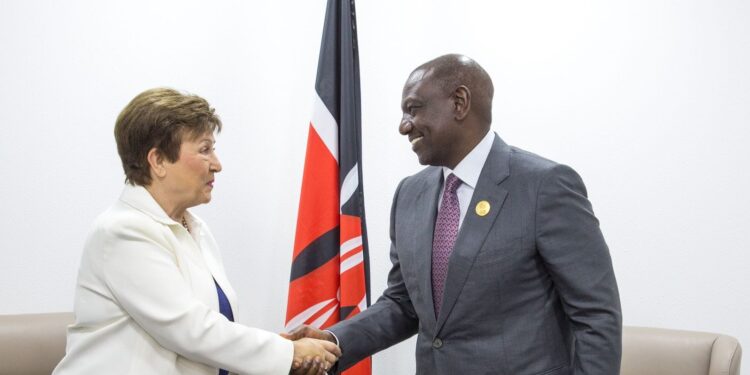The International Monetary Fund (IMF) has announced that it has completed a two-week governance diagnostic mission in Kenya.
The IMF’s technical assistance mission, led by Rebecca A. Sparkman, was in Nairobi from June 16 to June 30, 2025, to conduct a Governance Diagnostic mission, an intensive review aimed at identifying corruption vulnerabilities and weaknesses in public financial management.
According to an official statement, the mission was requested by Kenyan authorities.
“The Governance Diagnostic aims to identify macro-economically critical governance weaknesses and corruption vulnerabilities, and design an action plan with specific, sequenced recommendations and reform priorities,” the IMF statement read in part.
Also Read: IMF Audit Team in Kenya for 2 Weeks to Investigate Corruption
What did the IMF Team do in Kenya?
Reflecting the breadth of the Governance Diagnostic exercise, the visiting team comprised staff from a number of IMF departments, including the Fiscal Affairs, Legal, Finance, Monetary and Capital Markets, and Strategy, Policy and Review Departments, as well as World Bank staff.
The visit comes at a time when the government is under pressure to boost revenues, cut spending, and secure fresh IMF support amid mounting public debt.
“They engaged with the government and non-governmental stakeholders to examine governance weaknesses and corruption vulnerabilities across core state functions as provided by the IMF’s 2018 framework for Enhanced Engagement on Governance,” explained the statement.
The audit focused on high-risk areas such as procurement, tax policy, revenue collection, public spending, mining, market regulation, Central Bank operations, financial oversight, and anti-money laundering systems.
Also, they met with government officials, members of Parliament, civil society, business leaders, and development partners to get a full picture of Kenya’s governance challenges.
“Throughout the mission, the team engaged with Kenya’s anti-corruption and oversight institutions to discuss the effectiveness of legal and institutional frameworks in reducing macro-economically critical corruption vulnerabilities.
“The mission also met members of Kenya’s National Assembly,” added the statement.
Also Read: Mbadi Holds Talks with World Bank and IMF as Ruto Flies to China
What Next for Kenya?
IMF aims to assess how Kenya’s governance gaps could be enabling corruption and economic inefficiency, and to design a step-by-step reform plan to plug the leaks.
It has been noted that poor governance and misuse of public funds are macroeconomic risks that can block growth, increase inequality, and weaken institutions.
Kenya’s review was conducted under the Fund’s 2018 Enhanced Engagement on Governance Framework, which gives the IMF more tools to demand reforms before releasing cash.
A draft report based on the June visit is expected to be handed over to the Kenyan government before the end of 2025.
It will contain specific, sequenced reform recommendations, and could become a central part of future loan negotiations.
Follow our WhatsApp Channel and X Account for real-time news updates.
